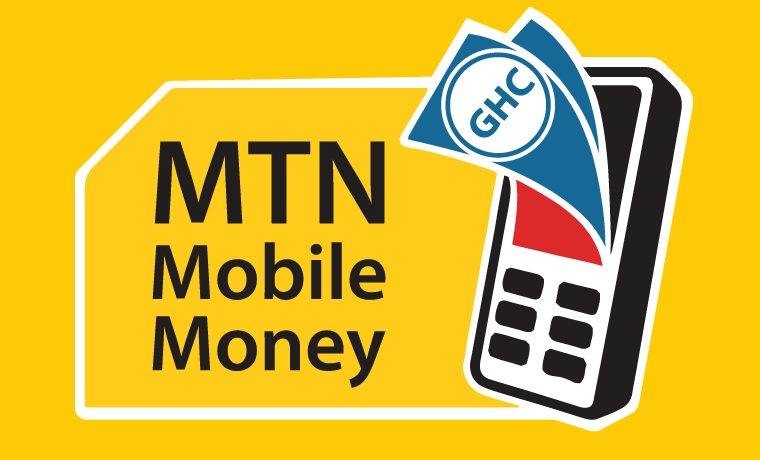Mobile money is becoming increasingly popular in Ghana, with
millions of Ghanaians using it to send and receive money, pay bills, and buy
goods and services. While mobile money is a convenient and secure way to
conduct transactions, it is also vulnerable to fraud and scams. Mobile money
scams are on the rise in Ghana, and it is important to know how to identify and
avoid them.
Don't Trust Suspicious Text Messages
One of the most common mobile money scams in Ghana involves
text messages from suspicious phone numbers. These messages typically claim to
be from your mobile money provider, bank, or another financial institution.
They may ask you to provide personal information, such as your PIN or account
number, or to follow a link to a fake website.
It is important to be suspicious of any text message that
asks for personal information or directs you to a website. Legitimate mobile
money providers and banks will never ask you to provide sensitive information
via text message. If you receive a suspicious text message, do not follow the
instructions and do not provide any personal information. Instead, report the
message to your mobile money provider or bank.
Be Wary of Fake Websites
Another mobile money scam in Ghana involves fake websites
that are designed to look like legitimate mobile money providers or banks.
These websites may ask you to provide personal information or may install
malware on your device.
To avoid falling victim to this type of scam, always make
sure you are visiting a legitimate website. Look for the padlock icon in your
browser's address bar, which indicates that the website is secure. Check the
website's URL carefully to make sure it matches the legitimate website address.
If you are unsure whether a website is legitimate, contact your mobile money
provider or bank.
Never Share Your PIN or Account Details
One of the most important things you can do to protect
yourself from mobile money scams in Ghana is to never share your PIN or account
details with anyone. Your PIN is your personal identification number, and it is
the key to accessing your mobile money account. If someone else has your PIN,
they can access your account and steal your money.
Be especially wary of anyone who asks for your PIN or
account details over the phone or via text message. Legitimate mobile money
providers and banks will never ask you to provide this information. If someone
asks for your PIN or account details, do not provide the information and report
the person to your mobile money provider or bank.
Use Strong Passwords
In addition to protecting your PIN and account details, it is
also important to use strong passwords for your mobile money account and any
other accounts that are linked to it. A strong password should be at least
eight characters long and should include a mix of letters, numbers, and
symbols.
Avoid using the same password for multiple accounts, and
change your passwords regularly. If you suspect that your password has been
compromised, change it immediately.
Don't Use Public Wi-Fi
Using public Wi-Fi can put your mobile money account at
risk. Public Wi-Fi networks are often unsecured, which means that anyone on the
network can potentially access your device and steal your personal information.
If you need to access your mobile money account while you
are out and about, use your mobile data connection. If you must use public
Wi-Fi, use a virtual private network (VPN) to encrypt your data and protect
your privacy.
Be Wary of Unsolicited Calls
Another mobile money scam in Ghana involves unsolicited
calls from people claiming to be from your mobile money provider or bank. These
callers may ask you to provide personal information or may try to convince you
to transfer money to them.
If you receive an unsolicited call from someone claiming to
be from your mobile money provider or bank, do not provide any personal information.
Instead, hang up and call your mobile money provider or bank directly to
confirm whether the call was legitimate.
Verify Transactions
Always take the time to verify any transactions that you
make with your mobile money account. Check that the recipient's phone number
and name match the person you intended to send money to. Verify the amount of
the transaction and make sure it is correct. If you notice any suspicious
transactions, report them to your mobile money provider or bank immediately.
Report Fraudulent Activity
If you believe that you have been the victim of a mobile
money scam in Ghana, it is important to report it to your mobile money provider
or bank as soon as possible. They may be able to refund your money or help you
to recover it.
You should also report the scam to the appropriate
authorities, such as the Ghana Police Service or the Financial Intelligence
Centre. Reporting scams can help to prevent other people from falling victim to
the same fraudsters.
mobile money scams
are on the rise in Ghana, and it is important to know how to identify and avoid
them. By being vigilant and following the tips outlined in this article, you
can protect yourself and your money from fraudsters. Remember to never share
your PIN or account details, use strong passwords, and verify transactions
before sending money. If you suspect that you have been the victim of a mobile
money scam, report it to your provider or bank immediately




No comments yet
Be the first to share your thoughts!